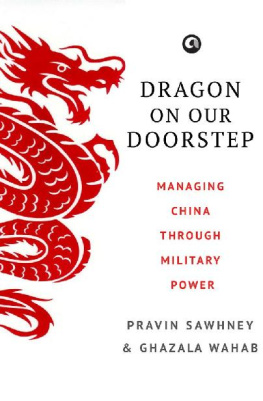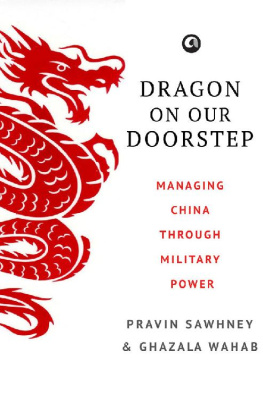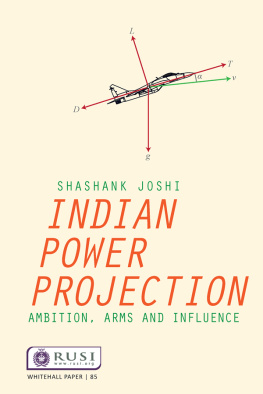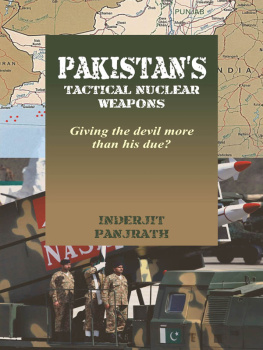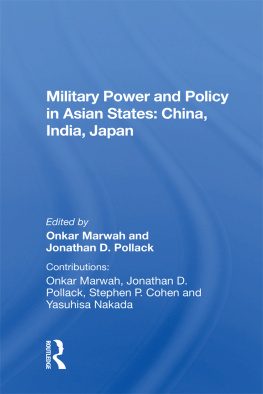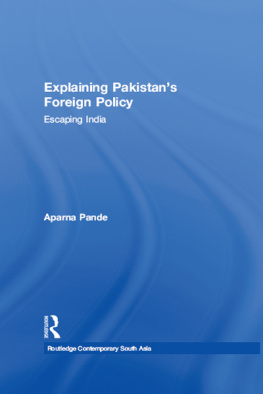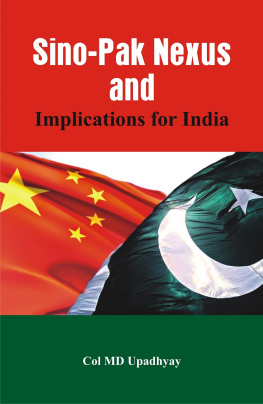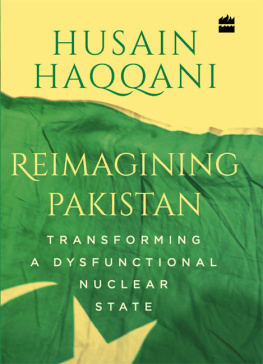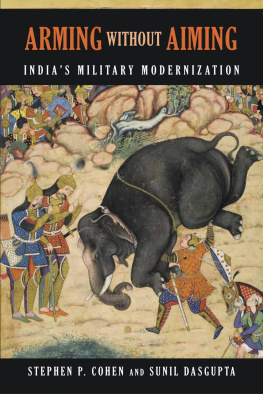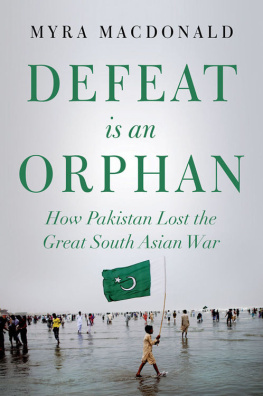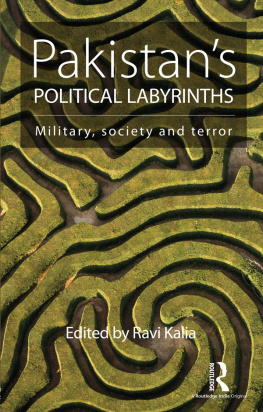DRAGON
ON OUR
DOORSTEP


ALEPH BOOK COMPANY
An independent publishing firm
promoted by Rupa Publications India
Published in India in 2017
by Aleph Book Company
7/16 Ansari Road, Daryaganj
New Delhi 110 002
Copyright Pravin Sawhney and Ghazala Wahab 2017
All rights reserved.
The authors have asserted their moral rights.
The views and opinions expressed in this book are the authors own and the facts are as reported by them, which have been verified to the extent possible, and the publishers are not in any way liable for the same.
No part of this publication may be reproduced, transmitted, or stored in a retrieval system, in any form or by any means, without permission in writing from Aleph Book Company.
ISBN: 978-93-82277-26-2
1 3 5 7 9 10 8 6 4 2
This book is sold subject to the condition that it shall not, by way of trade or otherwise, be lent, resold, hired out, or otherwise circulated without the publishers prior consent in any form of binding or cover other than that in which it is published.
For India,
the land of our birth, our pride and hope
CONTENTS
PROLOGUE
Let alone China, India cannot even win a war against Pakistan. And this has nothing to do with the possession of nuclear weaponsthe roles of nuclear and conventional weapons are separate in the war planning of India, China and Pakistan.
The reason India would be at a disadvantage in a war with Pakistan is because while Pakistan has built military power, India focused on building military force. In this difference lies the capability to win wars. Military force involves the mere collection of war-withal, that is building up of troops and war-waging materiel; military power is about optimal utilization of military force. It entails an understanding of the adversaries and the quantum of threat from each, the nature of warfare, domains of war, how it would be fought, and structural military reforms at various levels to meet these challenges. All this comes under the rubric of defence policy (also called political directive) and higher defence management, which in Indias case is either absent or anachronistic and in urgent need of transformation.
A measure of this can be gauged from the then Defence Minister Arun Jaitleys comment on Pakistan in October 2014. He said, Our [Indias] conventional strength is far more than theirs [Pakistans]. If they persist with this [cross-border terrorism], theyll feel the pain of this adventurism. Given that the Pakistan Army unabashedly continues its proxy war against India, Jaitley and his successors should wonder why the mere 6 lakh strong Pakistan Army is not deterred by the 13 lakh strong Indian Army. Even after twenty-six years of proxy war, the Indian leadership continues to confuse military force with military power and, consequently, dismisses Pakistan as an irritant, based on number-crunching. If India were to undertake military reforms, the army alone could reduce 300,000 troops over three to five years, and the defence services would be able to provide optimal value without an increase in annual defence allocations.
Military power has geopolitical implications. Pakistan today is sought after by the United States, China, Russia, Iran, Saudi Arabia, Afghanistan, the Central Asian Republics and the littoral countries of South Asia. It has emerged as a critical geopolitical pivot on the Eurasian chessboard. India, on the other hand, remains an important but certainly not geostrategic player. While geostrategic players have the capacity, capability and national will to exercise influence beyond their borders to impact geopolitical affairs, geopolitical pivots are nations whose importance is directly proportional to the number of geostrategic players that seek them out.
US strategist Zbigniew Brzezinski wrote in his book The Grand Chessboard, It should also be noted at the outset that although all geostrategic players tend to be important and powerful countries, not all important and powerful countries are automatically geostrategic players.
Indias northern frontiers, both on the east and the west, are not what Indian policymakers imagine them to be. Since 1963, China has supported Pakistan with war-withalconventional and nuclearto keep India boxed in on the subcontinent. This has ensured that Indias foreign policy remains shackled by the two military lines with Pakistan and China. Understanding the dynamics of these military lines in peace and wartime is not a mere defence matter. It is critical to Indias relations with major powers and will help India think strategically through a top-down approachsomething it has never done because of lack of understanding.
Today the partnership between China and Pakistanwhere both need the other equallyhas two serious implications for India. First, since the military power of both has achieved interoperability, which far exceeds that of the US and the North Atlantic Treaty Organization (NATO) forces at the height of the Cold War, Indias military strategy of a two-front war is no longer relevant. Interoperability is the ability of two armed forces to operate with ease as one whole in a combat environment. This helps strengthen deterrence, manage crises, shape battlefields and win wars. The invigorated Pakistan militarywhich would be supported by Chinas Peoples Liberation Army (PLA) in all conventional war domains (land, sea, air, space, electromagnetic and cyber) without showing its handis the new military threat facing India.
The other implication is geopolitical. From the time China supplied Pakistan with war-waging equipment (nuclear and conventional) to keep its strategic rival India imbalanced in South Asia, Beijings strategy, since 2013, has evolved in keeping with its global ambitions. China, set on replacing the US as the foremost geostrategic player in this century, has forged a deep, all-encompassing relationship with Pakistan. As a result, from being a lackey, Pakistan has emerged as Chinas most trusted and crucial partner for its geostrategic designs, which are unfolding through the wide-sweeping One Belt One Road (OBOR) project. The OBOR project seeks economic connectivity both on the Eurasian continent and in the Asia-Pacific and Indian Ocean regions. China has deduced that the viability and success of its OBOR project hinges on the flagship China-Pakistan Economic Corridor (CPEC), which will link Kashgar in China to the Gwadar Port in Pakistan. China believes, and with reason, that the triumph of the CPEC will convince the world that its OBOR is not an amorphous concept but a result-oriented venture which will change the balance of power in the world.
This is the reason China now desires that India and Pakistan have peace. After Pakistan, China wants India to become part of the OBOR project, which President Xi Jinping has been marketing as a win-win mechanism for China and the region. As more Asian countries, and Russia, jump on Chinas OBOR bandwagon, they recognize that the unsettled India-Pakistan relationshipwith Kashmir as the millstoneis preventing the region from realizing its economic and political potential. Speaking at the first session of the Indian External Affairs Ministry-supported Raisina Dialogue in March 2016, former Sri Lankan President Chandrika Kumaratunga said as much: The conflict between India and Pakistan has prevented South Asian integration for a long time. There have been disastrous consequences because of Indo-Pak mistrust. The need is for cooperating more than making security concerns an excuse for not cooperating.
Next page
